When fatalities occur in parts of the country and things like surgical instruments, drugs and particularly blood are needed extra-urgently, if they cannot be supplied in the quickest possible time, it could result in death.
Dr. Vijith Gunasekera, former Director of Blood Transfusion Services/Director, Laboratory Services, participating in a ‘round-table video conference for media held in the Parkland Building, Colombo on Wednesday, and speaking on ‘Challenges and Opportunities in Healthcare logistics in Sri Lanka’, made this observation.
Dr. Gunasekera an expert on a number of fields related to health, including Health Technology Assessment and Disaster Management is now in London, currently a Visiting Academic/Research Fellow at Warwick Evidence, Department of Health Economics, University of Warwick.
He said that the prompt supply of such essential needs could be provided, if modern technology could be appropriately employed which could save time and money as well as curtail wastage, while most essentially save invaluable lives.
In the case of Sri Lanka, for example he said that in the supply of blood there are 110 blood banks around the country and these blood banks have to be maintained with medical professionals, doctors and nurses while blood has to be transported by road which takes a lot of time.
Giving an example of what is happening elsewhere in the world he said in Rwanda and Ghana the transfer of blood to various parts of the country are carried by ‘drones’, the best way of employing the modern technology – the benefits of what he called ‘The Fourth Industrial Revolution’.
He said: “Healthcare technologies are evolving and ever advancing and no country can evade such an advancement and rapid progression of the healthcare industry. People will be demanding cutting edge health technologies. It is the responsibility of the policy makers to invest on right technology at the right time that would bring about most benefits to the people through evidence synthesises through a process of Health Technology Assessment”.
He said that this technology if properly focused could be used to supply the urgent needs of urgent drugs and even some sophisticated surgical instruments employing the ‘drone technology’. He said that in Sri Lanka there are so many emergency situations where accessibility is barred, such as floods where those areas cannot be reached by road. A good example in Sri Lanka was the tsunami in 2004 where accessibility was prevented. (QP)
You can share this post!
Content
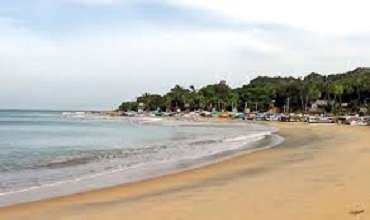
A Thai woman walking topless in Arugam Bay town has been arrested by the Police.
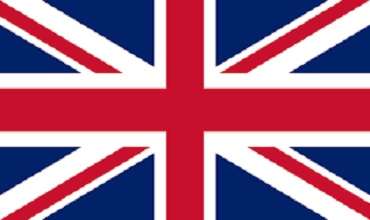
The UK government has unveiled a package of reforms to simplify imports from developing countries which allows for more garments manufactured in Sri Lanka to enter the UK tariff-free.
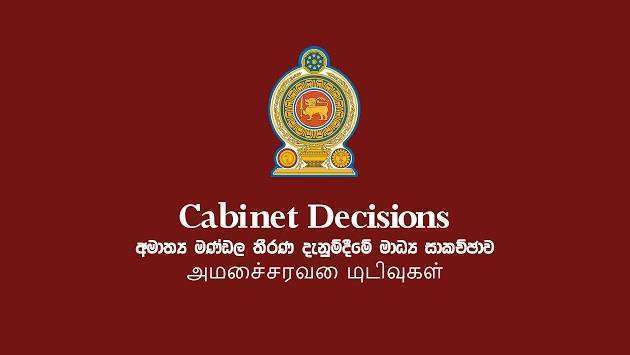
The Cabinet has approved a proposal for Sri Lankans overseas to apply for their passports through an online system via the Lankan diplomatic missions.
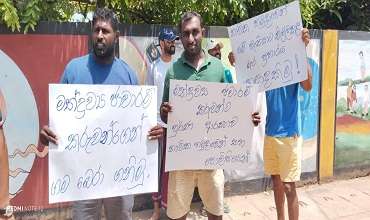
Villagers in Nirmalapura, Daluwa, Norochcholai today staged a protest over an incident where a group of Navy officials and sailors had assaulted a resident in the area over night, Police said.
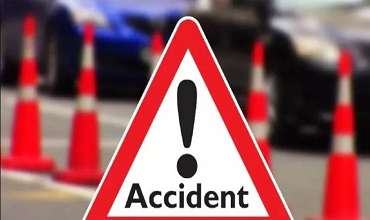
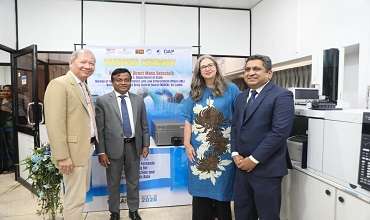
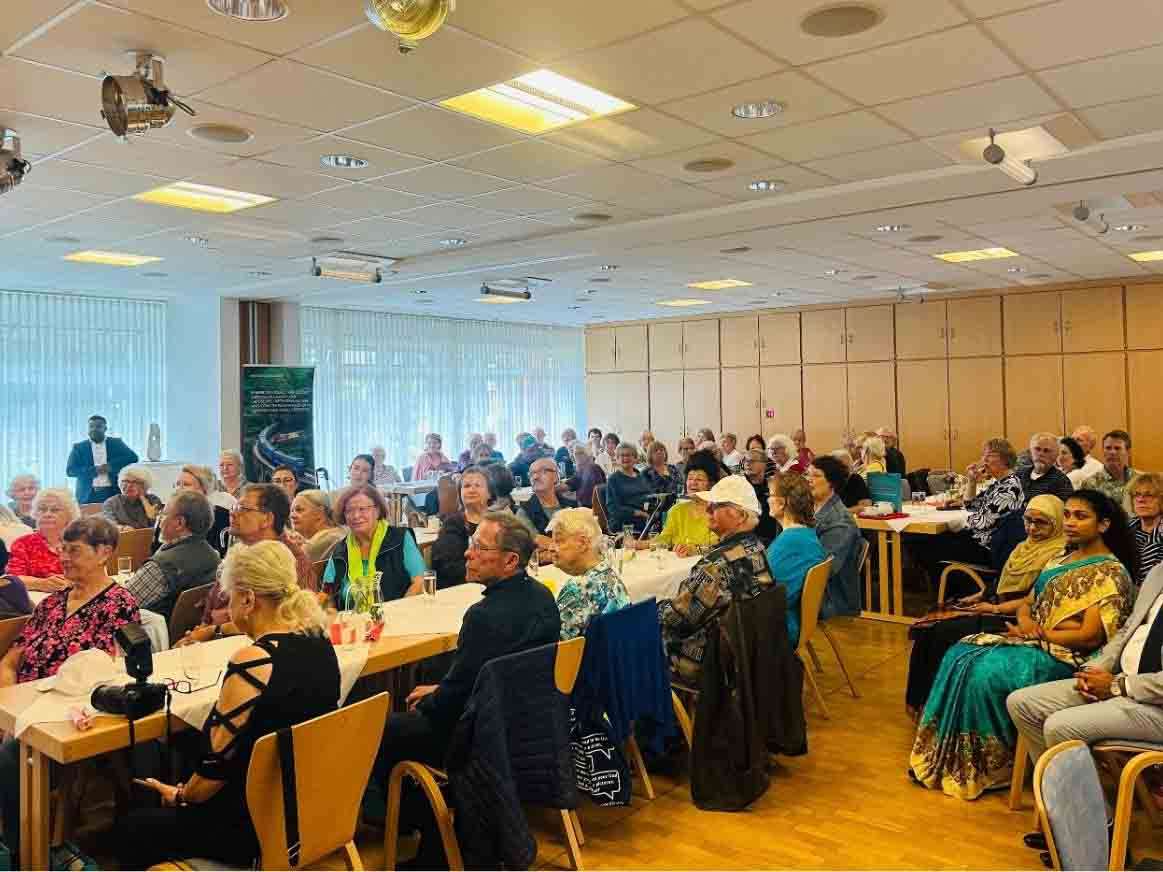



Leave Comments